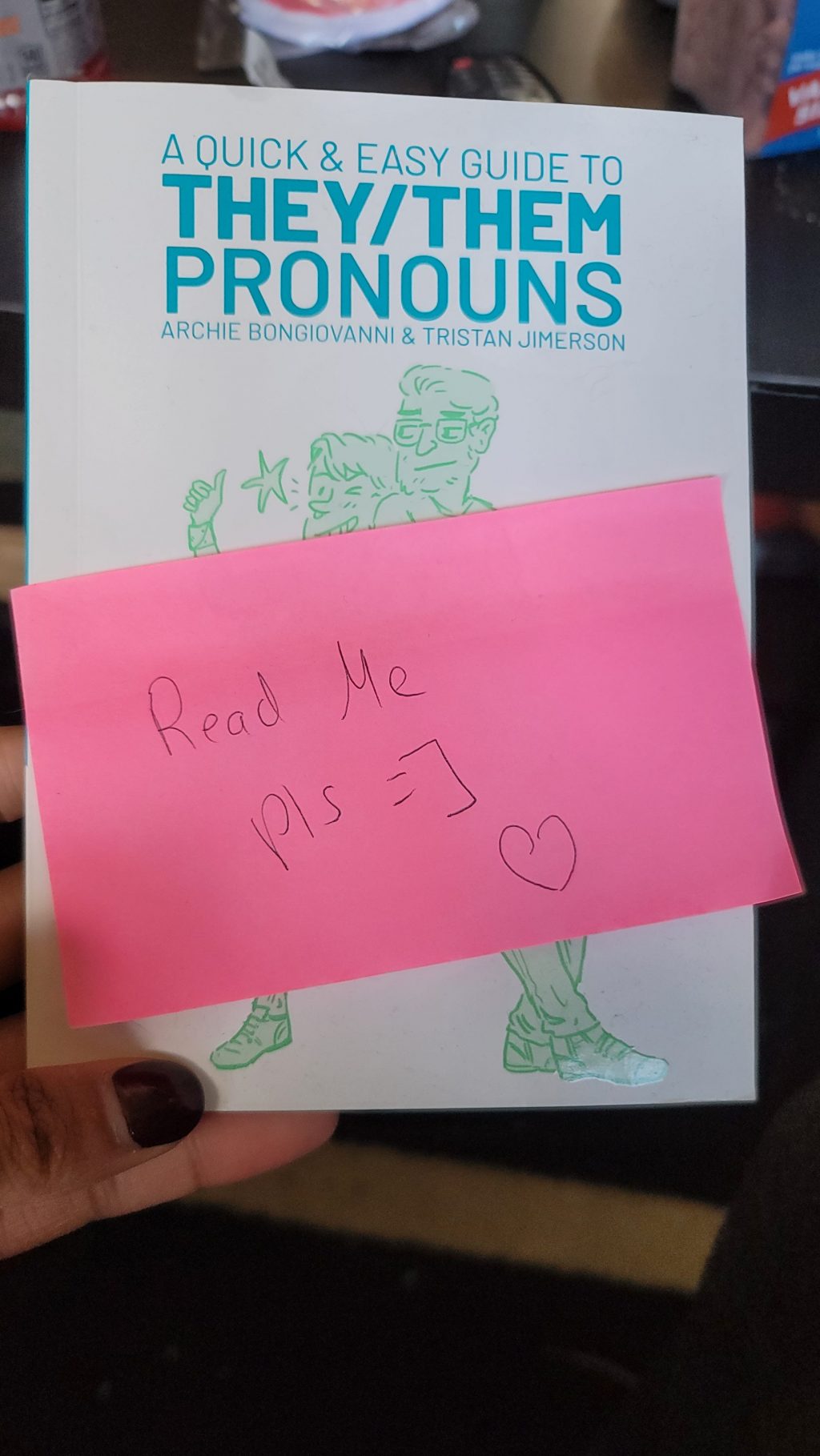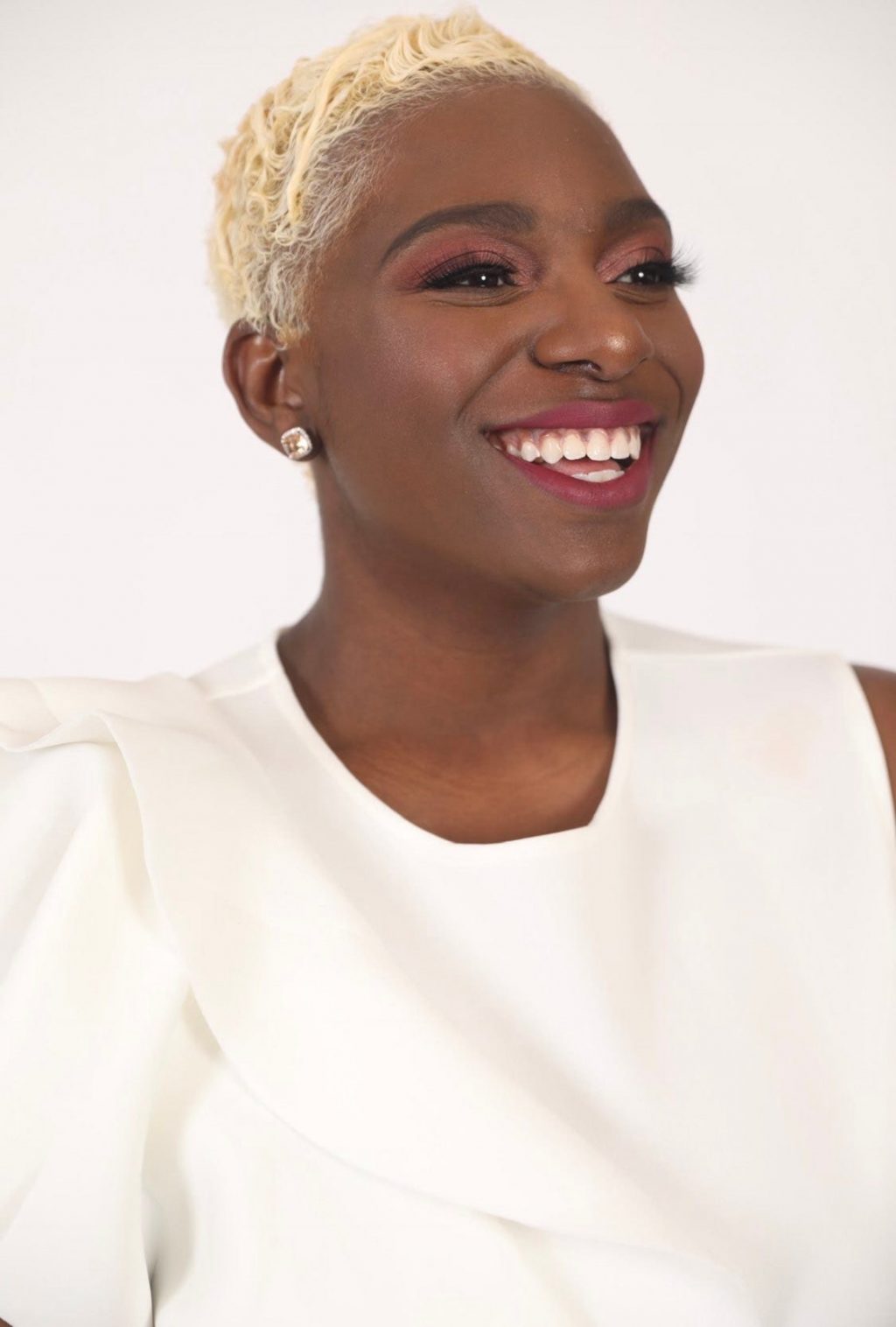- Lauren Schneider, who works in public relations, recently became a mother. Her priorities shifted because of it.
- Other employees explored their sexuality and gender, and they felt the same shift.
- Insider asked how they dealt with the changes — and helped their colleagues get used to them, too.
During the seemingly endless months of the pandemic, people have had time to do things they wouldn't normally — like knit, bake bread, and explore their identities. For Anthony McEachin, that identity exploration led him to a place of questioning his gender and sexuality. McEachin wasn't alone.
"I finally came to the realization I never was cis," they told Insider. "I am a nonbinary man that goes by they/he pronouns."
McEachin said the amount of time they spent indoors due to social distancing and isolation led to him spending more and more time online, and the online spaces McEachin found were diverse. It felt like everyone they were surrounded with was questioning the same things they were: Am I straight? Am I queer? Am I cisgender?
Embracing a new identity — and bringing it to work
As the world reopened, many wondered: How did their new identities fit into their workplaces? McEachin, who worked at a credit union, chose to share his nonbinary identity. They took the time to explain to his colleagues what pronouns are and how to be inclusive. They even brought materials.

"I bought a comic-book guide to they/them pronouns, and I had a little Post-It note that said 'read me' with a smiley face," McEachin said.
But even as they tried to bring change to their workplace, they wondered if the credit union was the right place for them. They didn't feel free to express their gender or racial identity as a Black person, and that took a toll on them. They started to run out of patience trying to explain what being nonbinary meant, and they wanted freedom.
McEachin eventually quit, and they now have that freedom as a self-employed person.
"I got my nails painted, I wear dresses, I feel comfortable correcting someone if they misgender me," McEachin said. "I feel comfortable. I feel like myself."
When priorities shift and colleagues can't fully comprehend
Lauren Schneider went through a monumental identity change while working from home as well — she became a mother. Schneider works in public relations, and she was sure she wanted to return to work when her daughter was born.
Then she went on maternity leave for three months and felt her priorities shift.

"My world totally shifted from: 'Yeah, career woman, get out there, get that bread,'" Schneider told Insider. "Now, I'll do literally anything to stay home with this child every single day to watch her roll over for the first time."
The way Schneider carries herself at work has changed, too. She said she's much more confident since becoming a mother.
"I think it's because I'm not doing it on behalf of myself anymore, but on behalf of her," she said. "So in terms of negotiating salary and benefits, I have almost no fear anymore."
Her coworkers watched the shift through Zoom. Some of them don't understand her new identity, Schneider said — but she doesn't blame them, because she didn't understand parents before she came one either.
When Schneider used to see colleagues leave early to pick up children from school or activities, she would wonder why she couldn't leave early. But now, she gets it.
Luckily, her boss gets it too, because he has two children of his own.
"I just want this really flexible life where I can work the hours I want to work and be home with my daughter," she said.
Finding freedom in living as yourself at work
For Abiola Agoro, who works for an advocacy organization, the pandemic lead to a different kind of identity realization: that she's queer.

"The term queer gave me the opportunity to fully express who I was … without confining myself to limitations," she told Insider.
As Agoro was stuck inside and hanging out online, she had time for conversations about what femininity is, what masculinity is, and why people are forced into boxes. As a person who grew up in a religious community, Agoro felt shame over her identity.
But now, she feels free — and she felt comfortable enough to take her changing identity with her to work. Agoro changed her pronouns to she/they, and their colleagues didn't mention it.
"It's nice to be in a workplace where I can be my fullest self," Agoro said. She's worked places where she didn't feel comfortable expressing her identity, but she said that at her current job, her boss and colleagues alike talk about partners outside of traditional heterosexual relationships.
Agoro knows that if their gender or sexual identity were to shift again, it would be accepted by her colleagues without question. But not everyone is so lucky. Expressing identity can be dangerous for some people — especially Black and brown trans people, Agoro noted — and no one should feel pressured to come out in any way at work.
"Do whatever feels safest," Agoro said. "There's no guilt in not being open. It doesn't make you any less queer."
